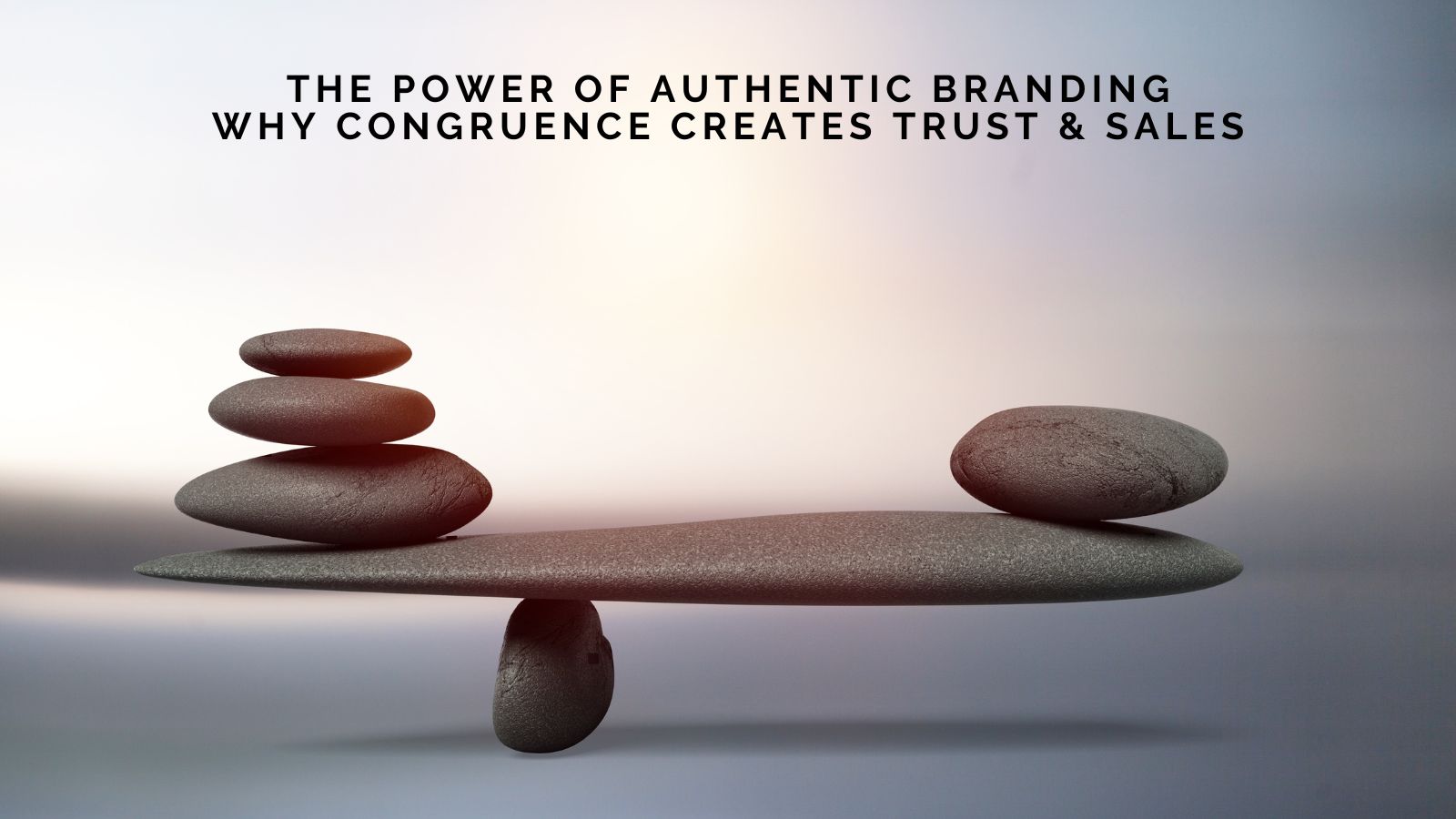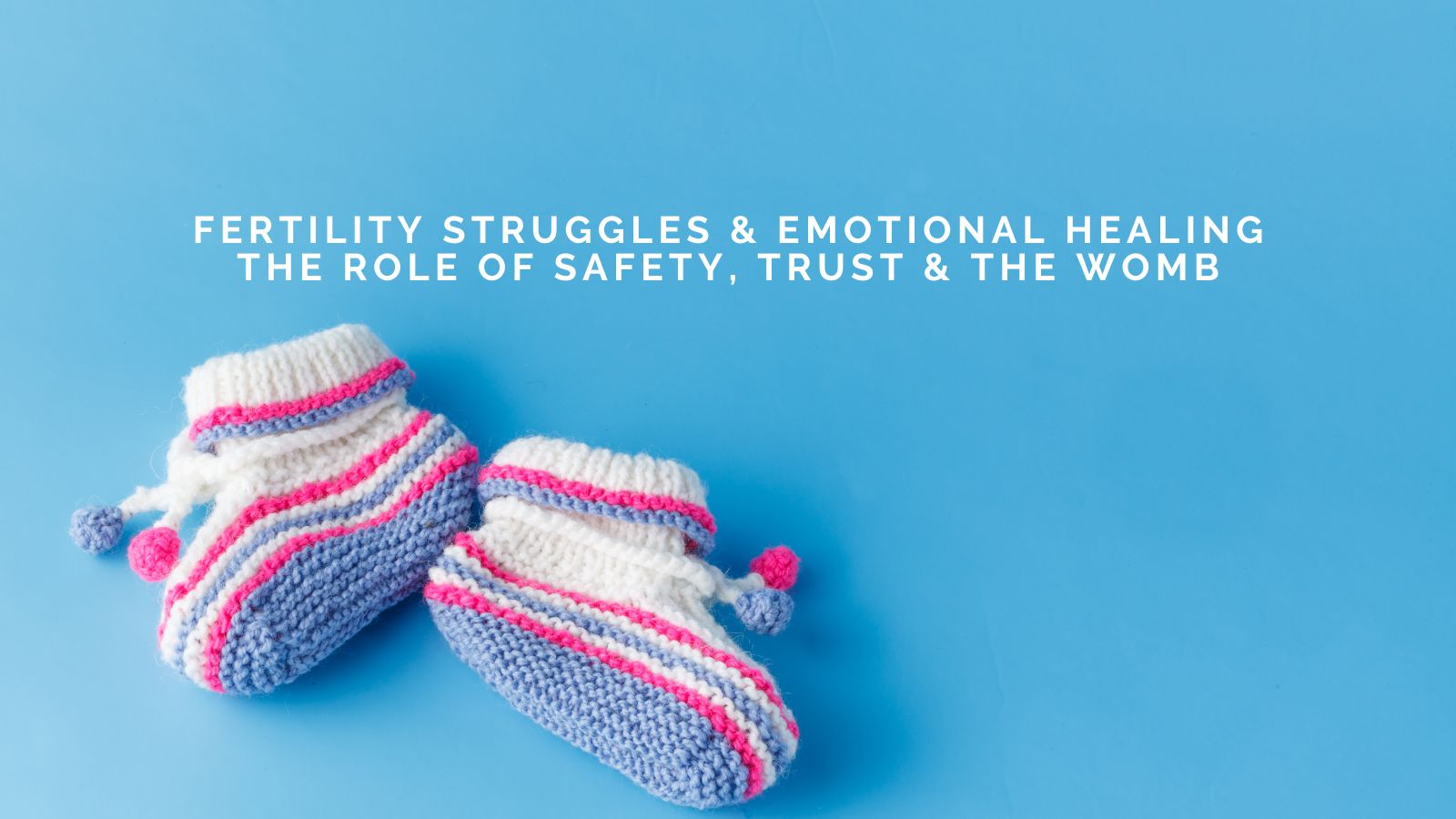
The “let them” trend has taken over social media. It began with poet Cassie Phillips’ simple yet striking words, later amplified by speakers like Mel Robbins, and quickly became a catchphrase for everything from dating advice to friendship boundaries to workplace politics.
The idea is straightforward: stop chasing, stop convincing, stop explaining, and just let people be who they are and make the choices they are going to make.
It can feel freeing. There is a deep relief in no longer managing other people’s behaviour or opinions. In many situations, choosing not to engage is the healthiest decision you can make.
But here is the part we do not talk about enough: the most important half of this philosophy is not just “let them.” It is “let me.”
Why “Let Me” matters
“Let them” is about release. “Let me” is about reclaiming.
It shifts the focus back to your own agency. While they are doing whatever they are doing, what are you allowing yourself to do, feel, or choose?
Because “let them” only works when it is a conscious response, not a reaction born from fear, avoidance, or self-abandonment. This is the difference between responding and reacting. Responding is intentional and grounded. In the “let them” context, it might mean choosing to say nothing because that truly serves you. Reacting often means pulling away or going silent because you do not feel safe enough to speak your truth.
Adding “let me” brings the focus home:
Let me honour my truth.
Let me choose what I will and will not accept.
Let me care for my energy, my boundaries, and my needs.
The cost of forgetting the “me”
If we never explore the reason behind our withdrawal, we risk turning self-protection into disconnection. We stop giving people the chance to understand us, and we lose opportunities for repair and deeper trust.
Sometimes the people we want to “let go” are the very ones we want to be closer to. Sometimes our silence is more about fear than strength. And if we are honest, letting go before we have listened to ourselves can leave us carrying the same hurt into the next relationship or situation.
That is why “let me” matters. It keeps us connected to ourselves, even when we choose not to stay connected to them.
Questions to bring it back to you
Before you default to “let them,” ask yourself:
What part of me feels activated right now?
Is this detachment or avoidance?
What am I really trying to protect?
What do I want to let myself do or feel next
Peace is not passive. It is intentional.
So yes, let them, when it comes from a place of clarity, not reaction. But also, let yourself feel. Let yourself be heard. Let yourself decide, from a grounded place, whether this is truly the end… or the moment you rise and reclaim your voice.
_(68).jpg)


 (68).jpg)










